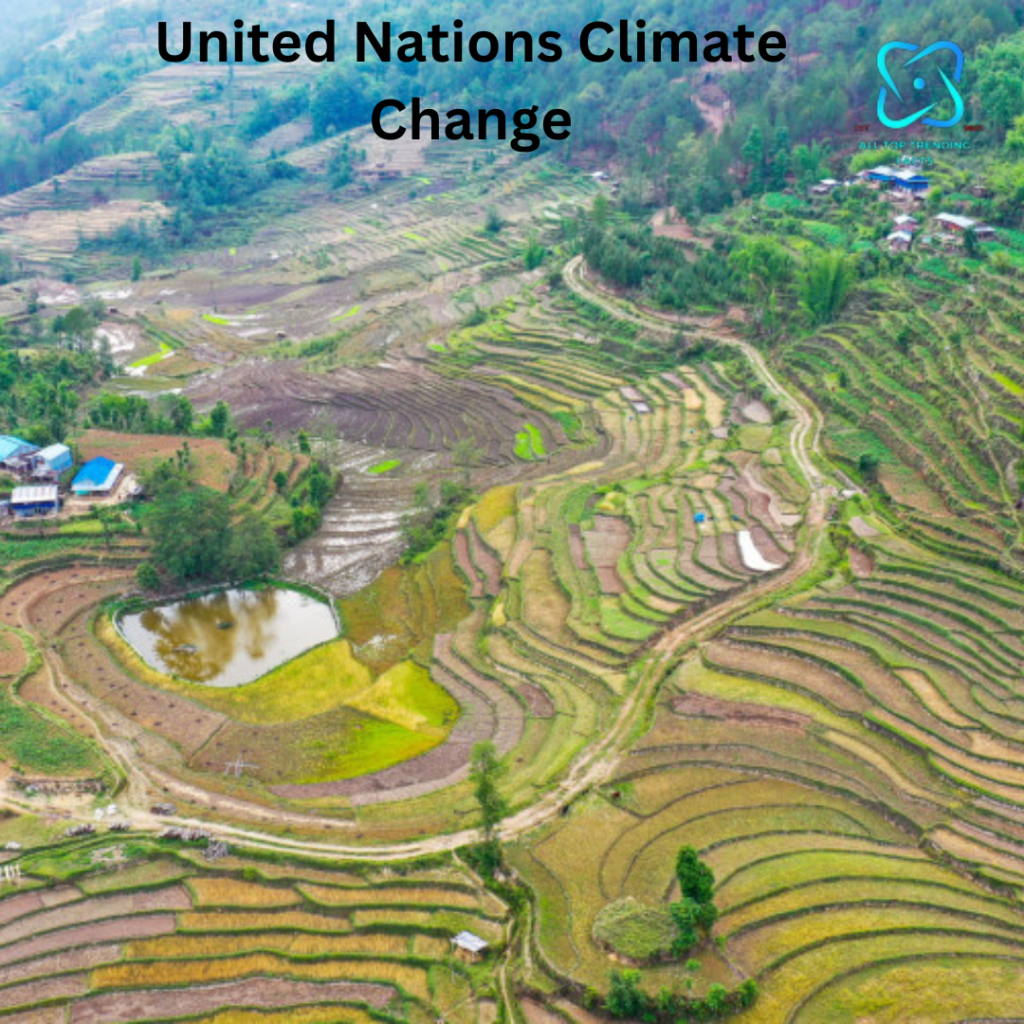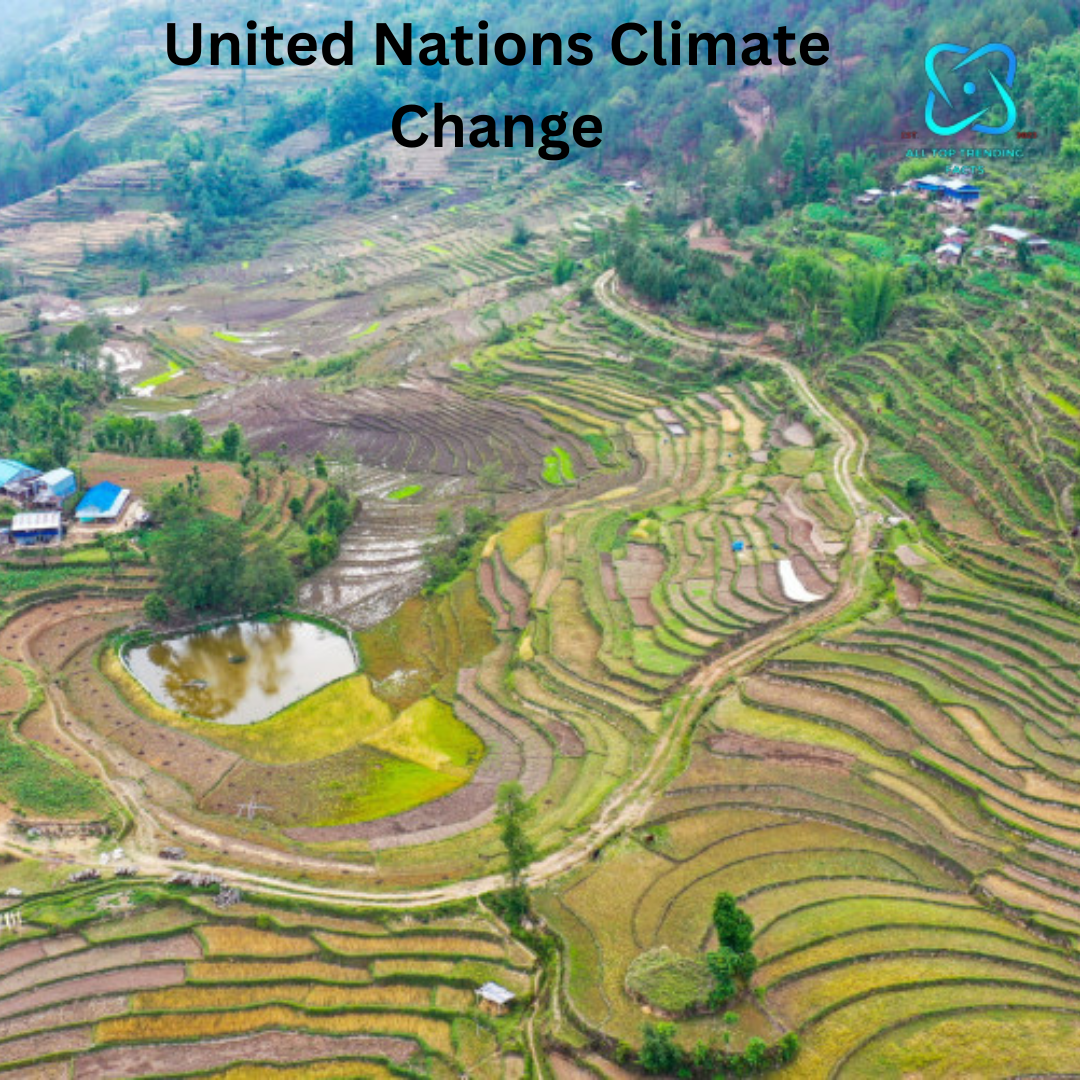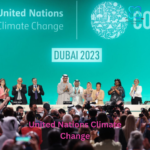
The United Nations Framework Convention on Climate Change (UNFCCC) secretariat received national adaptation plans (NAPs) from a record 11 countries in 2023, which is encouraging news in the fight against climate change.
By doing this, these nations showed their dedication to mitigating the negative effects of climate change, defining the most important courses of action for a specific time frame and providing guidance for efforts related to implementation, monitoring, and assessment.
Further development is required, but momentum is growing.
Simon Stiell, the executive secretary for climate change at the UN Climate Change Conference, noted the advancements made and underlined the value of adaptation in fostering resilience against climate-related calamities.
“A vital element of development strategy is climate adaptation. According to Stiell, national adaptation plans are essential for developing nations to determine their needs for resilience-building and to get the funds required to carry out adaptation measures.
The urgency of the climate catastrophe and the requirement for nations to go from planning to execution are highlighted by this call to action.
Every NAP includes information on national adaptation planning procedures as well as how the process will go and result in more actions. These strategies are essential for lowering vulnerability and increasing climate change resistance.
NAP financing, support, and implementation.
The implementation of NAPs is greatly aided by the Green Climate Fund (GCF). By November 2023, 83 adaptation projects had been approved by the GCF for 44 developing nations that had filed NAPs. This equals USD 18.6 billion in total, of which USD 5.3 billion is supplied directly by the GCF.
2023 Saw a Record Amount of National Adaptation Plans Filed, But More Are Required
The UNFCCC Least Developed Countries Expert Group (LEG) Chair, Gabriel Kpaka, stated, “We look forward to the implementation of NAPs and to seeing their outcomes in reduced vulnerability, strengthened resilience, and boosted capacity.” “We also look forward to hosting nations in Bangladesh in 2024 for the NAP Expo to share plans and experiences in putting these important documents’ adaptation actions into practice.”
At the NAP Expo 2024, the NAP Country Platform will offer a forum for cooperation to spur adaptation efforts around the world and advance progress.
Constant enhancement and more assistance
Even though 2023 saw a record amount of NAP submissions, more work needs to be done. It is recommended that parties stick to a process of continuous improvement and adaptation by using an iterative approach to their NAPs.
Moreover, enhanced global assistance is important to guarantee that developing nations possess the necessary resources to efficiently execute their National Action Plans.
In reverse chronological order of submission date, the 11 NAPs from the Marshall Islands, Burundi, Argentina, Zambia, Bhutan, Pakistan, Mozambique, Papua New Guinea, Bangladesh, Ecuador, and Haiti were received by UNFCCC in 2023.
Burkina Faso filed the first-ever NAP in 2015, and as of right now, 52 developing nations and one rich nation have submitted NAPs.
The 2023 status report on NAPs, which was released by the LEG at the end of November 2023, states that 142 developing nations who are Parties to the UNFCCC are taking steps to create and carry out NAPs.
In 2010, a procedure for creating and executing NAPs was devised. It serves as the primary delivery vehicle for directing and coordinating all actors’ and stakeholders’ climate efforts in the direction of national adaptation goals. It adheres to an ongoing, progressive, iterative, gender-sensitive, national, inclusive, and completely transparent methodology.

“Hello Everyone” Myself Joydip DN, and I Live in Sylhet And I am a Seasoned Digital Marketer, Accomplished Content Writer, Experienced Blogger And Combines A Wealth of Experience In Online Marketing Trained From Freelancer Lab Academy, With A Strong Linguistic Proficiency, Evident In My Impressive IELTS Band Score. Holding An, MBA With A Major In Management Information System(MIS) From Leading University. I Am(Joydip) Seamlessly Integrates Strategic Business Insights With Technological Acumen To Deliver Organic And Impactful And Results-Driven Content In The Dynamic Digital Landscape.”






